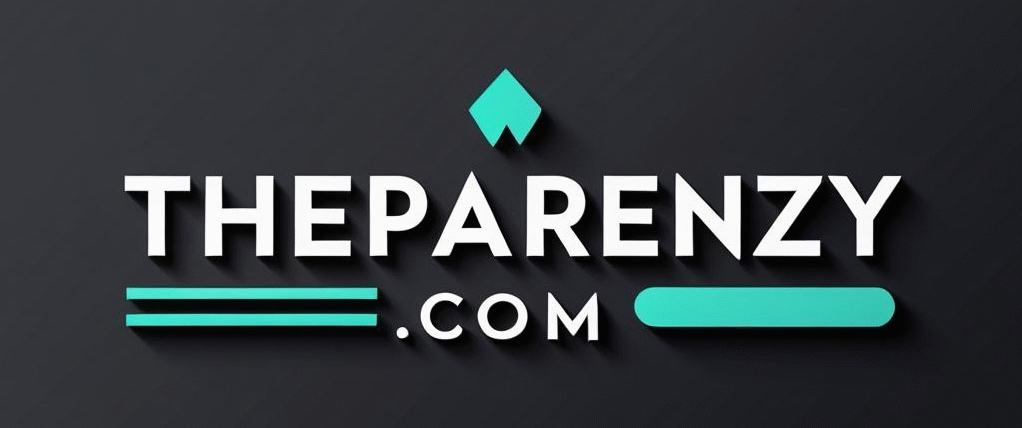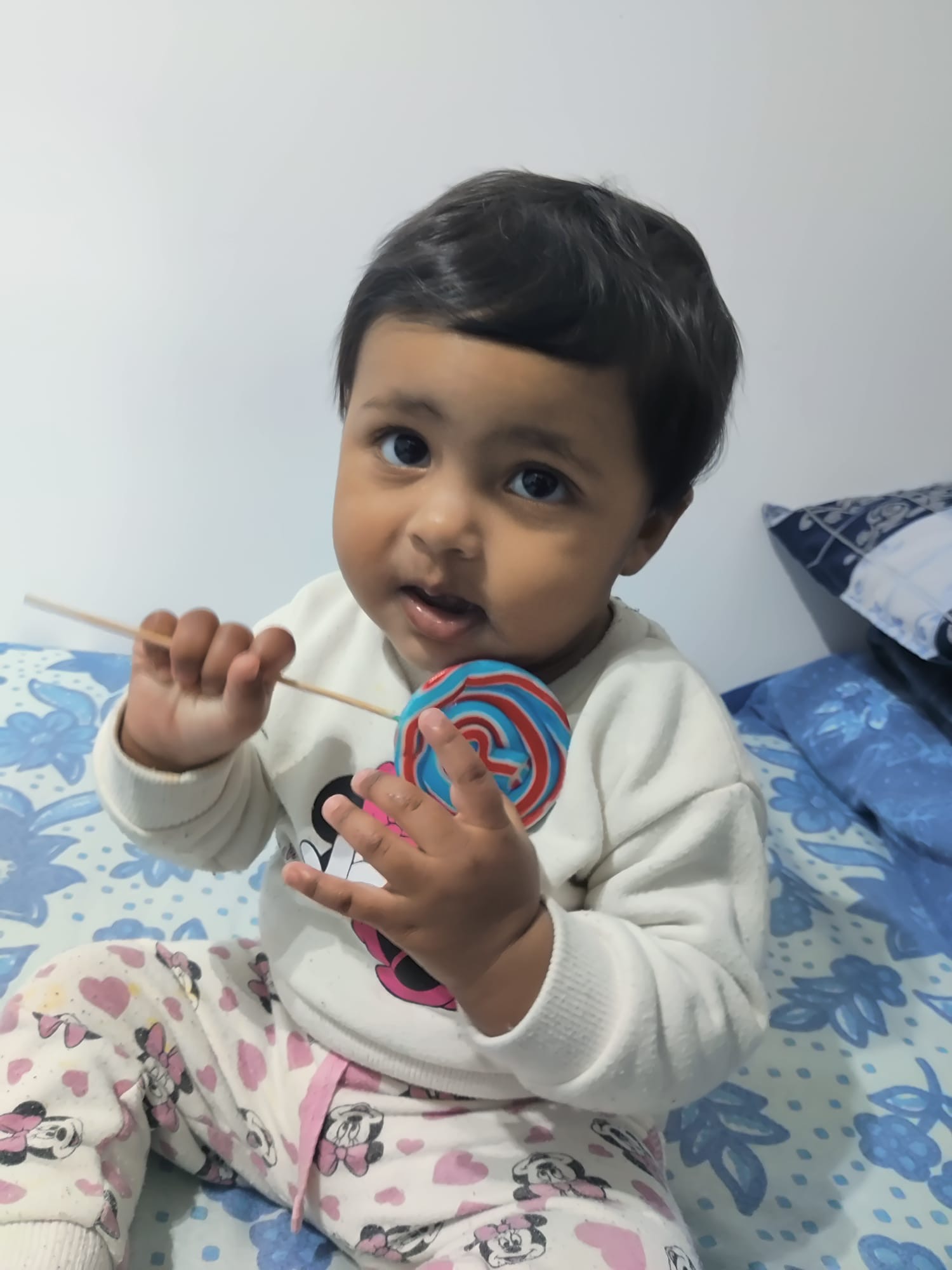
One in seven new mothers face maternal mental health challenges. This shows how common perinatal mental health issues are.
We understand the need to tackle these problems. We want to help those dealing with postpartum depression.
We’re here to offer support and hope. We want to encourage everyone to find help and support on their path to healing.
Key Takeaways
- Maternal mental health is a critical aspect of overall well-being.
- Perinatal mental health issues affect a significant number of new mothers.
- Seeking help and support is a crucial step towards recovery.
- Understanding postpartum depression is key to addressing it effectively.
- Recovery is possible with the right support and resources.
The Reality of Maternal Mental Health

Motherhood is often seen as a dreamy journey. But, the truth about maternal mental health is different. It’s a story that’s often ignored. We need to understand the depth of perinatal mental health issues.
The Prevalence of Perinatal Mood Disorders
Many new mothers face perinatal mood disorders, like postpartum depression. Research shows that up to 1 in 5 women deal with this. It’s a problem that’s often not caught or treated well enough.
This shows we need to know more and support new moms better.
| Condition | Prevalence | Key Characteristics |
|---|---|---|
| Postpartum Depression | 1 in 5 women | Persistent feelings of sadness, hopelessness |
| Baby Blues | Up to 80% of new mothers | Mild, temporary mood swings |
| Anxiety Disorders | Significant overlap with PPD | Excessive worry, fear, anxiety |
Distinguishing Between Baby Blues and Clinical Depression
It’s important to tell baby blues apart from clinical depression. Baby blues are mild and short. But, clinical depression lasts longer and makes you feel sad, hopeless, and not care about things you used to love.
By spotting the signs of perinatal mood disorders, we can help new moms. This way, they can face the big changes in their life.
Meet Sarah: Our Case Study Subject

Meet Sarah, a brave woman who shares her story of postpartum depression and new mom depression. Her journey helps us understand the challenges of postpartum anxiety and depression.
Background and Pregnancy Experience
Life Before Pregnancy
Sarah was excited to become a mother. She had always dreamed of this moment. “I was ready for the changes,” she says, “but not for postpartum anxiety and depression.”
Expectations vs. Reality
Sarah thought her pregnancy and motherhood would be joyful and stress-free. But reality was much harder. She struggled with feelings she couldn’t explain.
“I felt like I was drowning in a sea of emotions, and I didn’t know how to keep my head above water.” – Sarah
First Signs Something Wasn’t Right
Sarah noticed something was wrong early on. She felt anxious, sad, and isolated. “I felt like I was failing as a mother,” she says, “and that I was alone.”
Sarah’s story shows us the importance of recognizing postpartum depression early. Her journey is a reminder of the strength of the human spirit and the need for support.
Postpartum Depression: Understanding the Condition

It’s key to understand postpartum depression to help new moms. Postpartum depression (PPD) is a serious mental health issue. It makes it hard for a woman to take care of herself and her baby.
Clinical Definition and Symptoms
PPD is clinically defined as a major depressive episode after childbirth. Women may feel sad, hopeless, and anxious. They might also have changes in appetite, sleep problems, and trouble bonding with their baby.
PPD symptoms can differ from person to person. Some common signs include:
- Feeling guilty or worthless
- Not enjoying activities anymore
- Severe mood swings
- Struggling to care for the baby
Risk Factors and Contributing Elements
Several things can increase the chance of getting postpartum depression. These include:
| Risk Factor | Description |
|---|---|
| History of Depression | Having had depression or anxiety before |
| Lack of Support | Not having enough emotional or practical help from loved ones |
| Traumatic Birth Experience | Having a complicated or traumatic birth |
The Turning Point: When Sarah Reached Out

When Sarah found the courage to ask for help, she began to face the challenges of postpartum depression. This moment was a big turning point in her journey. Asking for support was hard for Sarah because she had to deal with shame and stigma.
Breaking Through Shame and Stigma
Shame and stigma often stop women from getting the help they need. Sarah’s brave step to reach out was a big move towards overcoming these barriers. By asking for postpartum support, Sarah started to heal and rebuild her life.
The Courage to Seek Professional Help
Getting professional help is key to recovering from maternal mental health issues. Sarah’s bravery in talking to healthcare professionals helped her get the right diagnosis and treatment. This was a crucial step in her recovery, giving her the tools and support she needed.
| Key Factors | Description | Impact on Recovery |
|---|---|---|
| Breaking Through Shame | Acknowledging struggles and seeking help | Reduces feelings of isolation |
| Seeking Professional Help | Consulting healthcare professionals | Provides appropriate diagnosis and treatment |
| Postpartum Support | Receiving support from family, friends, and community | Enhances healing and rebuilding of life |
Our Comprehensive Assessment Process

A personalized care plan starts with a detailed assessment. This is key in tackling postpartum depression. We know each person’s battle with postpartum depression is different. So, we do a thorough check to make our treatment fit just right.
Initial Evaluation Methods
We use several ways to get a full view of someone’s mental health. This includes talking to them, using special tests, and looking at their medical history.
Screening Tools We Used
We used proven tools to see how bad Sarah’s postpartum depression was. These tools helped us find the best ways to help her.
Understanding Sarah’s Unique Situation
We looked closely at Sarah’s life, including her health, friends, and what she likes. This helped us make a treatment plan that was truly personalized.
Developing a Personalized Treatment Plan
With all the info from our assessment, we made a plan just for Sarah. It was made to be flexible, so we could change it if needed.
Medical Interventions in Our Approach
In treating postpartum depression, medical help is key. We know each patient’s story is different. So, we create a treatment plan just for them.
We look at many options for medical help. This includes medicines and different types of therapy.
Medication Considerations and Decisions
Medicine is often needed for treating postpartum depression, mainly for those with severe symptoms. We carefully decide if antidepressants or other medicines are right. We consider the patient’s health history, how bad their symptoms are, and if they’re breastfeeding.
We talk with patients about the good and bad of medicines. We make sure they feel comfortable with their choice.
Evidence-Based Therapy Approaches
Along with medicine, proven therapy methods are a big part of our treatment. We focus on therapies that work well for postpartum depression.
Cognitive Behavioral Therapy Components
Cognitive Behavioral Therapy (CBT) is a big part of our therapy. CBT helps patients change negative thoughts to more positive ones. It’s great for dealing with the negative thinking that comes with postpartum depression.
Interpersonal Therapy Elements
Interpersonal Therapy (IPT) is another therapy we use. IPT helps improve how people connect and communicate. This is very helpful for new moms who feel lonely or have trouble with others.
Let’s look at some numbers to see how well these therapies work:
| Therapy Type | Success Rate | Average Sessions |
|---|---|---|
| CBT | 75% | 12 |
| IPT | 80% | 10 |
By mixing medicine with therapies like CBT and IPT, we offer a full treatment plan. This plan tackles the many sides of postpartum depression.
Building Sarah’s Support Network
We knew how vital a supportive environment was for Sarah. We involved her partner, family, and community resources. A strong support network is key for those recovering from postpartum depression. It offers emotional support, practical help, and a sense of belonging.
Partner and Family Involvement Strategies
Getting Sarah’s partner and family involved was crucial. We taught them about postpartum depression and how to support Sarah. This made Sarah feel understood and supported, and empowered her loved ones to help her recover.
Some effective strategies included:
- Regular family therapy sessions to address concerns and improve communication
- Educational resources to help them understand postpartum depression
- Encouraging them to share their feelings and experiences
Community Resources We Connected Her With
We also connected Sarah with community resources. We introduced her to local support groups, online forums, and counseling services. These resources gave her a wider network of support and understanding.
| Community Resource | Description | Benefit |
|---|---|---|
| Local Support Groups | Face-to-face meetings with other mothers experiencing similar challenges | Reduced feelings of isolation, shared understanding |
| Online Forums | 24/7 access to a community of mothers with postpartum depression | Immediate support, flexibility |
| Professional Counseling | Individual and group therapy sessions with trained professionals | Expert guidance, personalized support |
By creating a strong support network, we gave Sarah a solid foundation for her recovery. She had the resources and support she needed to heal.
Addressing the Physical Challenges
Dealing with the physical challenges of postpartum recovery can change a mother’s life. It’s linked to mental health. By focusing on sleep, nutrition, and gentle movement, recovery can improve a lot.
Sleep Optimization Techniques
Getting enough sleep is key for postpartum recovery. Try to sleep at the same time every night. Make your bedroom a sleep haven and avoid screens before bed.
Deep breathing, muscle relaxation, or guided imagery can also help. These methods can make your sleep better.
Nutrition Support for Recovery
Nutrition is crucial for healing after having a baby. Eat a balanced diet with lots of fruits, veggies, whole grains, lean proteins, and healthy fats. Drinking enough water is also important.
Try to eat less processed foods and sugar. This will help your body and mind heal.
Gentle Movement and Exercise Integration
Starting with gentle exercises like walking or postpartum yoga can help. These activities improve mood and reduce stress. As you get stronger, you can do more.
By using these physical recovery tips, new moms can face postpartum depression better. They can work towards a healthier, more balanced life.
Self-Care Practices That Transformed Her Recovery
As Sarah went through postpartum depression, self-care was key. These practices were not just extra but essential for her healing.
Daily Rituals We Established
We created daily rituals that were vital for Sarah’s recovery. These included a morning mindfulness routine and an evening unwinding protocol.
Morning Mindfulness Routine
Starting the day with mindfulness set a positive tone for Sarah. She did deep breathing exercises and short meditation sessions. These helped lower her anxiety.
Evening Unwinding Protocol
In the evenings, Sarah had a calming routine. It included reading, gentle stretches, or listening to soothing music. This signaled to her body it was time to rest.
Boundary-Setting and Asking for Help
Setting boundaries and asking for help were also important for Sarah. She learned to delegate tasks and not overcommit. This helped her save energy for her recovery and her baby.
Mother-Baby Bonding Interventions
We supported Sarah through her postpartum depression, focusing on mother-baby bonding. A strong bond is key for both mother and baby’s well-being. It creates a sense of security and attachment, essential for the baby’s growth and the mother’s healing.
Attachment-Promoting Activities
We introduced activities to strengthen the bond between Sarah and her baby. These included:
- Skin-to-skin contact for physical closeness and comfort
- Eye contact and facial interaction for emotional connection
- Responsive parenting to meet the baby’s needs
- Breastfeeding support to release oxytocin, enhancing bonding
These activities helped Sarah connect more deeply with her baby, improving their relationship.
Finding Joy in the Relationship Again
As Sarah did these activities, she found joy in her bond with her baby again. We encouraged her to:
- Engage in playful interactions like reading and singing
- Practice mindfulness during caregiving to stay present
- Celebrate small moments of connection to reinforce positive experiences
By focusing on these positive interactions, Sarah rebuilt her relationship with her baby. She found joy and fulfillment in their bond.
Through these interventions, Sarah’s mental health and connection with her baby improved greatly. The mother-baby bonding interventions were crucial in her recovery from postpartum depression.
Navigating Setbacks: The Reality of Recovery
Recovering from postpartum depression is a journey full of ups and downs. It’s important to know how to handle these challenges. This knowledge is key to success in the long run.
Managing setbacks starts with identifying triggers and warning signs. Spotting these early can help prevent bigger problems. It’s a crucial step in staying on track.
Identifying Triggers and Warning Signs
We help our patients find their personal triggers and warning signs. We watch for mood swings, sleep issues, and other signs of trouble. Being proactive helps us find ways to avoid these problems.
Our Crisis Management Protocol
When a crisis hits, we have a plan ready. We offer immediate support, adjust treatment plans, and work with other doctors. Our aim is to give our patients a sense of security as they recover.
Being ready for setbacks and having a plan helps our patients beat postpartum depression. With the right approach, they can fully recover.
Measuring Progress: Milestones in Sarah’s Journey
Every person’s journey to beat postpartum depression is different. For Sarah, tracking her progress was crucial. It helped her see her clinical improvements and better quality of life.
As we followed Sarah’s recovery, we saw many important milestones. These showed her growth and healing.
Clinical Improvements We Observed
Sarah’s recovery was marked by significant clinical improvements. These included fewer symptoms of depression and anxiety. We kept an eye on her progress with regular checks and adjusted her treatment as needed.
These improvements were key. They helped lay the groundwork for a better quality of life for Sarah.
Quality of Life Transformations
As Sarah’s symptoms got better, we saw big changes in her quality of life. These changes touched many parts of her daily life and overall well-being.
Return to Previous Interests
One of the most hopeful signs was Sarah’s renewed interest in activities she loved. This showed her mental health was getting better.
Development of New Joys
Sarah also found new joys. Trying new things and experiences added to her quality of life and happiness.
| Milestone | Description | Impact on Recovery |
|---|---|---|
| Reduced Symptoms | Decrease in depression and anxiety symptoms | Improved mental health foundation |
| Return to Interests | Rediscovery of previous hobbies and passions | Enhanced quality of life |
| New Experiences | Engagement in new activities and experiences | Increased overall satisfaction |
Sarah Today: Life After Postpartum Depression
Sarah’s story shows that a fulfilling life is possible after postpartum depression. She went through a tough time but came out stronger. We will look at how she kept her recovery going and her message to other moms.
Long-Term Maintenance Strategies
Sarah kept up with what helped her get better. She goes to therapy, takes care of herself, and stays in touch with friends. Taking care of her mind helped her keep moving forward.
She also focuses on mindfulness and stress management. Sarah learned ways to handle stress and stay positive. This has been key to her ongoing recovery.
Her Message to Other Struggling Mothers
Sarah wants to give hope and strength to other moms. She says it’s crucial to get help and not hide when dealing with postpartum depression. “You are not alone, and help is out there,” she reminds them. She also stresses the need for self-compassion and patience during recovery.
By sharing her journey, Sarah hopes to motivate others to start their healing. Her message is clear: with the right support and strategies, you can overcome postpartum depression and live a fulfilling life.
Lessons for Healthcare Providers and Support Persons
Looking at Sarah’s story, we learn important lessons for healthcare workers and those who support them. Helping a new mom with postpartum depression is a big job. It needs a full plan to care for her.
Improving Early Detection and Intervention
Finding postpartum depression early is key to helping. Healthcare teams must know how to spot the signs quickly. They should use special tools during check-ups to catch it early.
This early action can make a big difference for moms with depression.
Creating Compassionate Care Models
Compassionate care is more than just treating the body. It’s about supporting the mind and connecting with the community. Healthcare providers need to be trained to care with empathy. They should understand and support the mom’s feelings, helping her feel strong and supported.
Conclusion: A Message of Hope and Healing
Reflecting on Sarah’s journey with postpartum depression, we see that recovery is possible. The right support, treatment, and self-care can help women overcome this challenge. They can find hope and healing.
We’ve talked about how important it is to seek help for postpartum depression. We’ve also looked at different ways to aid in recovery. Sarah’s story is meant to inspire others to start their healing journey.
Postpartum depression is treatable, and with proper care, women can regain their mental health. We urge those struggling to stay committed to their recovery. Seeking support is key.
Together, we can build a supportive community. This community will help all mothers dealing with postpartum depression find hope and healing.
Read more; https://theparentzy.com/what-to-expect-in-the-first-trimester-of-pregnancy/
FAQ
What is postpartum depression, and how is it different from the baby blues?
Postpartum depression is a serious condition that affects many new moms. It brings feelings of sadness, hopelessness, and anxiety. Unlike the baby blues, which is milder and short-lived, postpartum depression is severe and lasts longer. It needs professional help and support.
What are the risk factors for developing postpartum depression?
Several factors can increase the risk of postpartum depression. These include a history of depression or anxiety, lack of social support, and big life changes. Knowing these risk factors helps us spot who might need more help and care.
How is postpartum depression diagnosed, and what are the symptoms?
Diagnosing postpartum depression involves checking symptoms like sadness, appetite or sleep changes, and trouble bonding with the baby. We look at how severe and long these symptoms last to decide the best treatment.
What treatment options are available for postpartum depression?
Treatment for postpartum depression often includes therapy, medication, and lifestyle changes. We help each person create a treatment plan that fits their unique needs and situation.
How can partners and family members support someone with postpartum depression?
A strong support network is key for recovering from postpartum depression. Partners and family can offer emotional support, help with daily tasks, and encourage seeking professional help.
What self-care practices can help manage postpartum depression?
Self-care activities like mindfulness, exercise, and nature time can help with postpartum depression symptoms. We encourage people to focus on their well-being and enjoy activities that bring joy and calm.
Can postpartum depression affect my ability to bond with my baby?
Yes, postpartum depression can make bonding with the baby hard. But, with the right support and treatment, a strong bond is possible. We offer activities to help mothers bond with their babies.
How can I find resources and support for postpartum depression in my community?
Look for local mental health organizations, healthcare providers, and support groups for postpartum depression resources. Connecting with others who’ve faced similar challenges is also helpful.
What is perinatal mental health, and how does it relate to postpartum depression?
Perinatal mental health covers emotional and psychological well-being during pregnancy and the postpartum period. Postpartum depression is a part of perinatal mental health that needs special care and support.
How can I prioritize my mental health during the postpartum period?
New moms should prioritize mental health by seeking support, practicing self-care, and talking openly with healthcare providers. Taking proactive steps can help prevent postpartum depression and other mental health issues.




